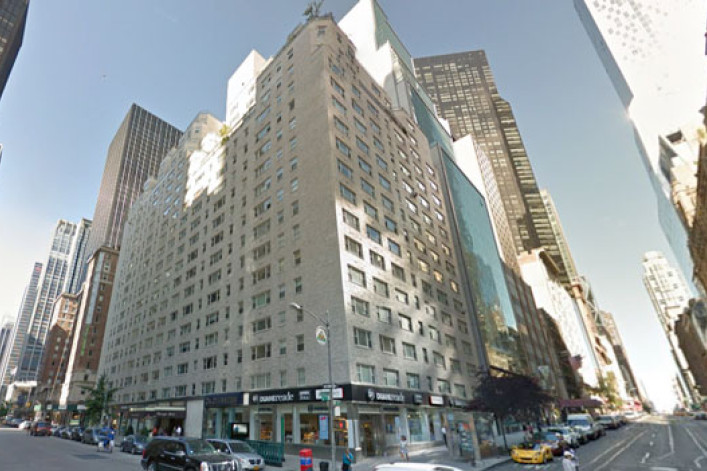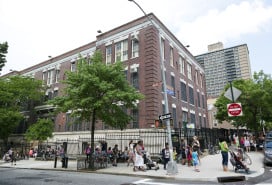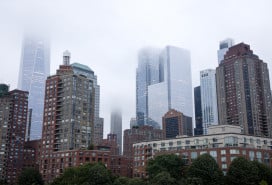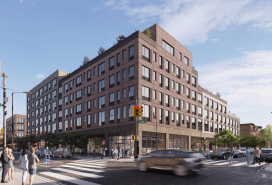A Midtown co-op bucks the trend and sees many of its listings go on sale—thanks to a looming land lease

The NYC market's been notorious lately for having low inventory, so much so that buyers are often prepped for bidding wars. But at the Carnegie House, there were, at last count by Bloomberg, 49 apartments on the market out of 324 total—a little over a sixth. That's because the land on which the co-op sits isn't owned by the building but rented in a set-up known as, yes, a land lease. In this case, another group outbid the co-op's shareholders for the land last year, and now residents have to pay rent to them, with the knowledge that in 10 years, the lease is set to expire.
Renting land isn't cheap, hence why many Carnegie House owners may be looking to sell. Rents on parcels—aka the ground lease—can spike after the reset date (which is when the lease is up), especially given the cost of land these days, which explains why some tenants may be bailing. Meantime, prices appear to be flat at the building, per Bloomberg, unsurprising considering how many apartments are competing for the attention of buyers.
It's the yin and yang of land lease buildings: Would-be owners may find some deals as sellers look to unload, but it could mean possibly facing a land lease expiration in 2025 that may result in higher monthlies. In general, the worst-case scenario, according to experts we've spoken to before, is that if co-ops can't renegotiate their lease at a favorable rate, they might have to buy the land and pay a steep mortgage, which would be passed onto shareholders.
"If you get a cheap enough purchase price, it may more than compensate you for the burden of having to pay all that maintenance down the road,” one lawyer tells Bloomberg. “Some buyers might say, ‘I’m willing to live with that risk.’”
Related:
Land lease apartments are cheaper, but are they worth it?
What all land lease buildings can learn from the Trump Plaza drama


























